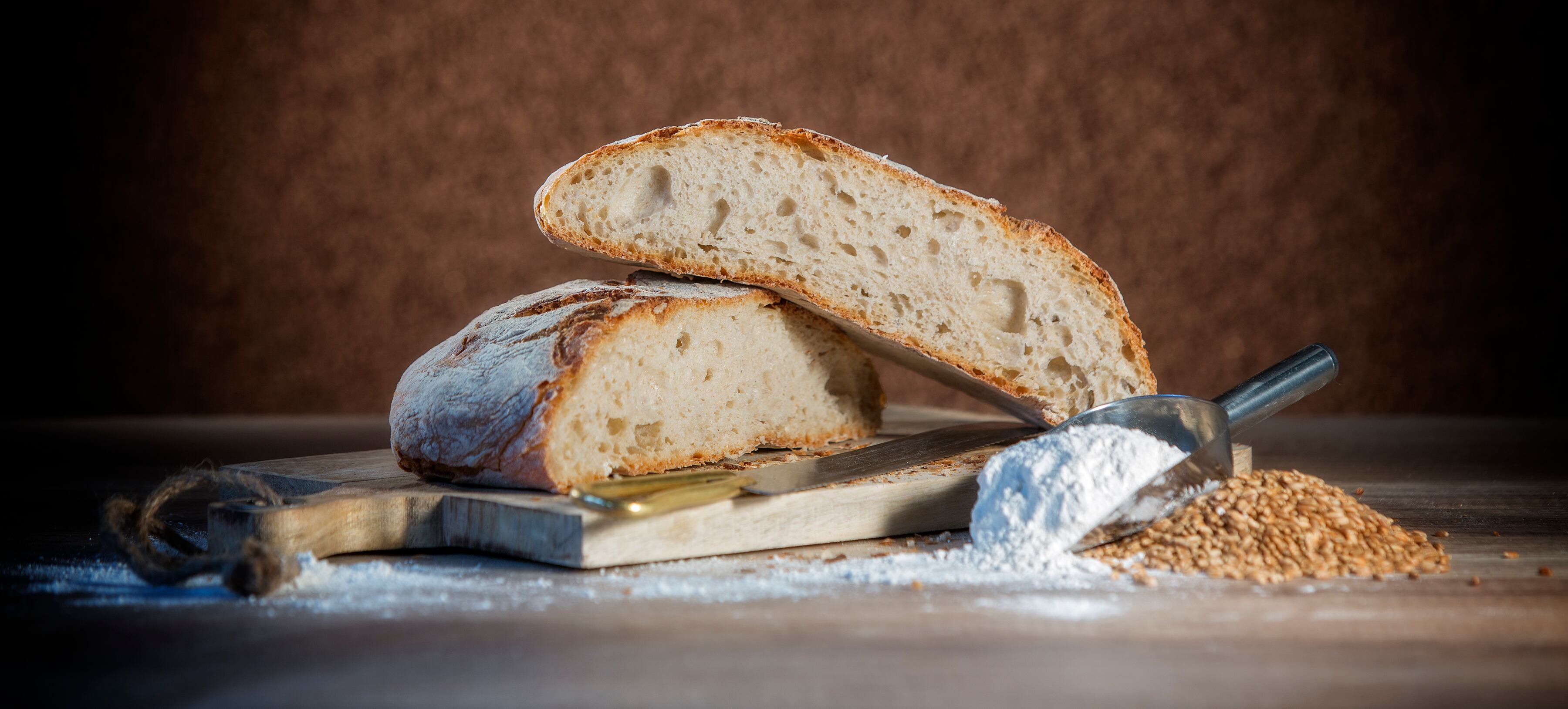
The Supreme Court has forced the VAT (the super-reduced rate) on breads considered special to be lowered from 10% to 4%. In a ruling, which was announced this Monday, the Contentious-Administrative Chamber has established that these products have the same tax treatment as what is considered common bread. “There is no bread, as a particularly intense first necessity goodwhom the tax law has wanted to treat in a different and worse way than what is considered common bread,” the court concludes.
Special bread, according to Spanish technical-sanitary and food regulations, is that which in its preparation includes ingredients added to those required for its classification as common bread. Bread made with cereal flour and other flours would fall into this category; that of soft wheat dough and that includes sugars, milk, fats or oils; the toasted bread; biscuits; or sliced bread; or bread with gluten, among others.
VAT is the tax that has been levied on the consumption of goods and services in Spain since 1986, when the country entered the European Economic Community. It is an indirect tax, since the Tax Agency does not collect it from the consumer, but rather it is the different companies and professionals who collect it throughout the production and marketing process, and settle periodically with the Treasury.
Generally, all operations are subject to the general rate of 21%. However, a series of goods and services considered basic benefit from somewhat lower taxes. This differentiation aims to make some essential products and activities more accessible to consumers. and that the tax does not represent a high burden on essential goods or strategic sectors.
In the first group would be the reduced rate, of 10%, which affects certain pharmaceutical and food products, among others. In another there would be the super-reduced VAT, with a rate of 4% that benefits essential foods such as bread, eggs, vegetables, fruit or, for a few months, olive oil.
Consumer perception
For the Supreme Court, the exclusion of these breads from the super-reduced tax rate contradicts the law of the European Union, since their similarities and differences with common bread They are not perceptible by an average consumer. Thus, the high court has upheld an appeal by a Catalan company that manufactures and markets bread products whose commercial name is baguette (which has wheat and malt gluten added), against a ruling of the National Court that endorsed the criterion of the Tax Agency that applied 10% VAT to its product. The company argued in its challenge that the jurisprudence of the Court of Justice of the European Union (CJEU) establishes that similar goods and services must receive the same treatment for VAT purposes.
According to the Supreme Court magistrates, in the specific case of the baguette, which has served to resolve the general discrepancy on the application of the tax, “there is no substantial difference that has been established by the administration to deny the very reduced rate of tax that The taxpayer (the appellant company) included in its self-assessment, between the bread that concerns us and that which the administration and the trial court consider, by opposition, common bread. In this sense, the ruling indicates that the incorporation of an “irrelevant amount of gluten to the composition of the dough, in the absence of evidence to the contrary” is not perceptible by the consumer, nor is it “a fact that therefore implies the existence of a substantial difference in tax treatment.”
To all this, the court adds that the VAT law does not differentiate between these two types of bread and therefore “it is not possible to create a distinction that is not clearly expressed in the law”: “The law itself does not define bread. common, is not opposed to or distinguished from an alleged special bread, nor are the characteristics established that allow one to be singled out from the other, the latter endowed with an unfavorable tax regime,” the resolution settles.

